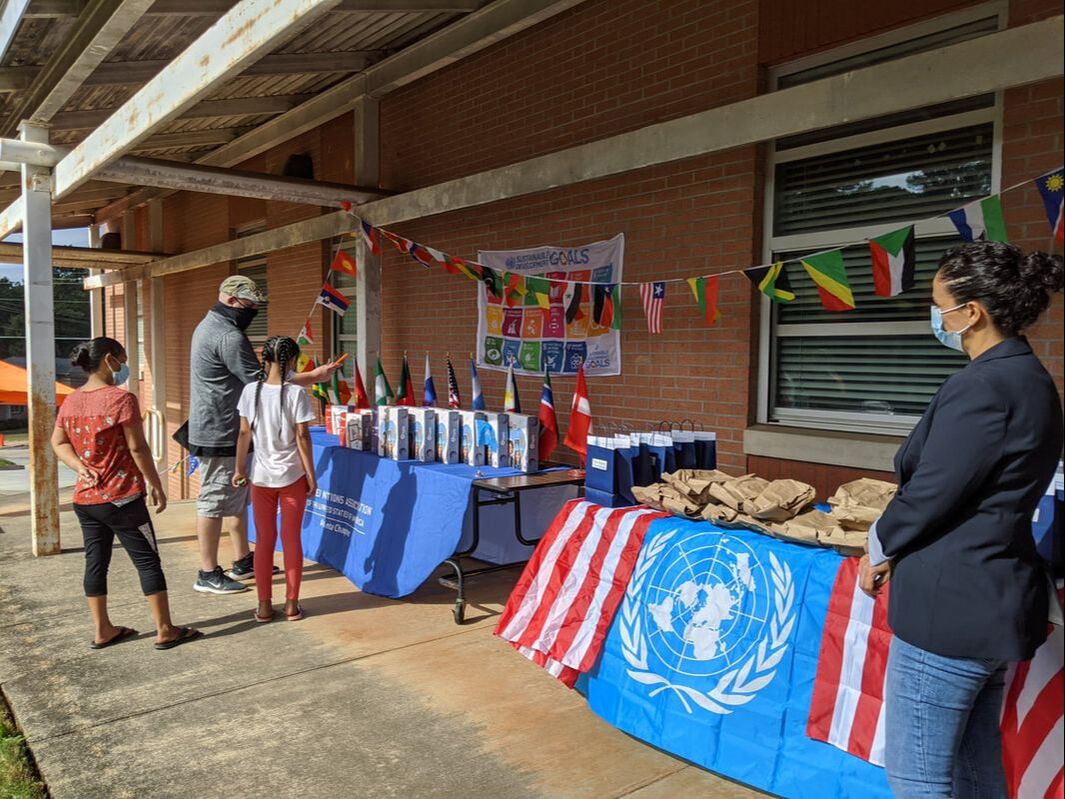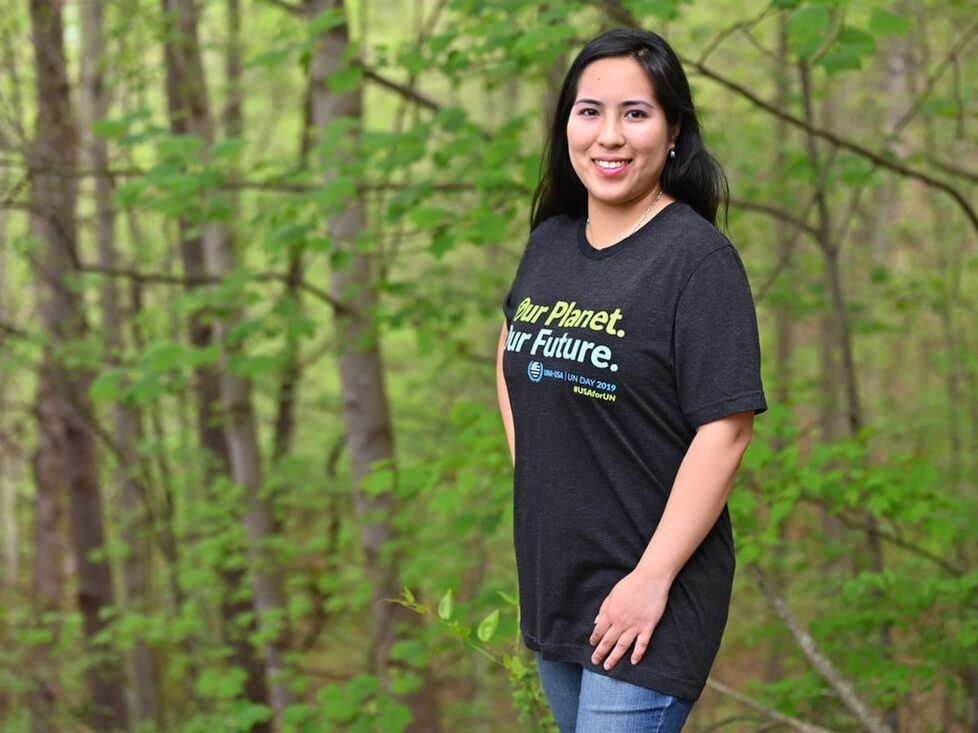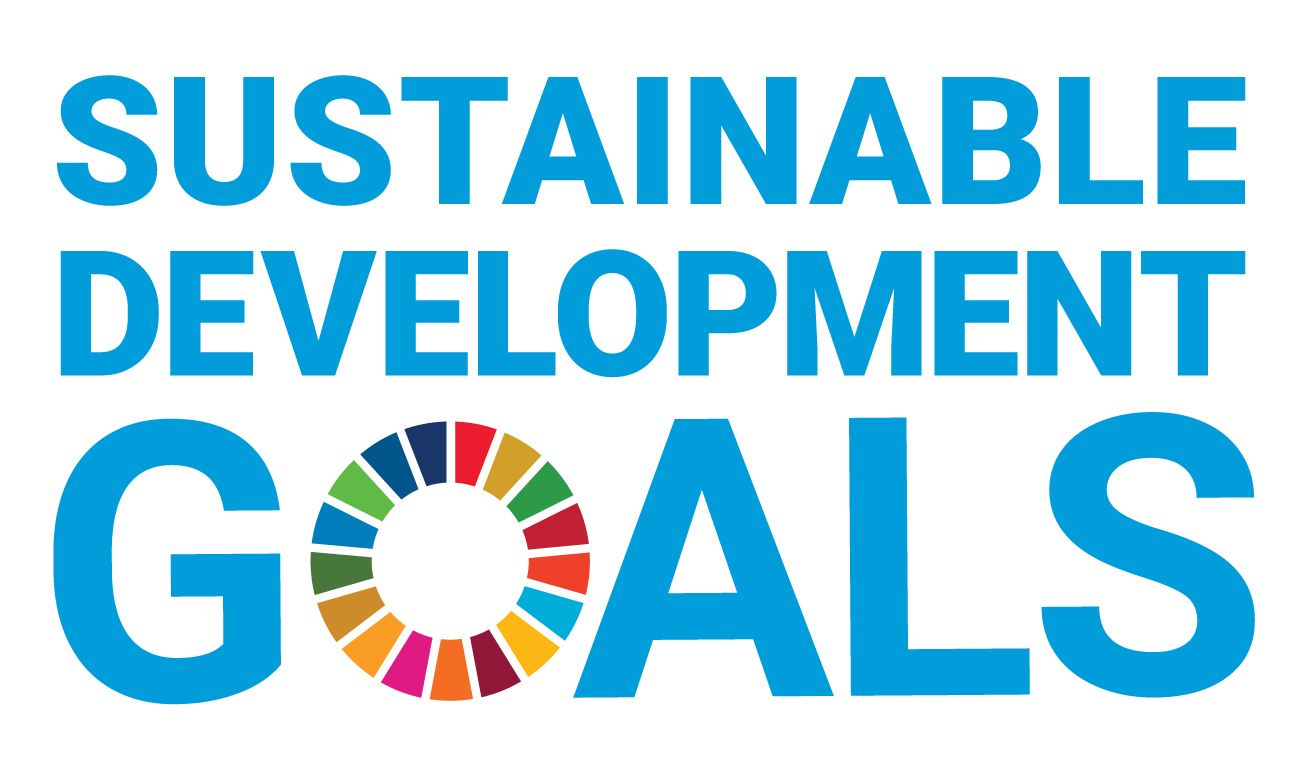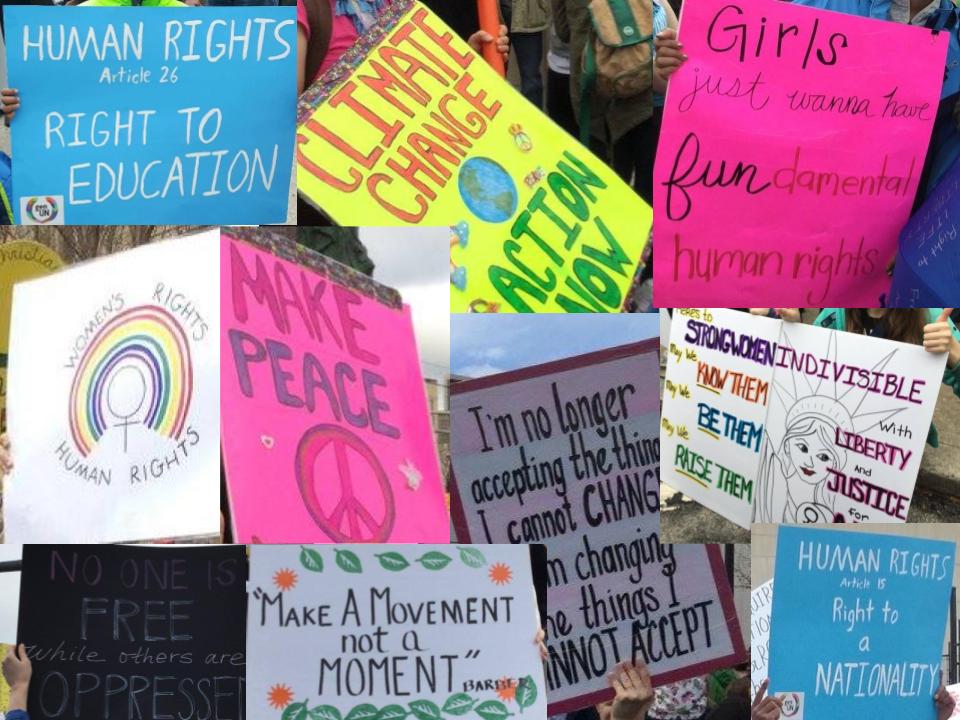Who am I?
I am Nalat Phanit Black, a Social Impact Developer, creating and managing social impact projects with an emphasis on sustainability and human rights for over 10+ years in the nonprofit sector. I am a Global Reporting Initiative Certified Sustainability Professional, providing businesses a comprehensive sustainability assessment on the organizations’ impacts on economy, environment, people, and human rights. I cultivate partnerships with various community stakeholders into functional relationships to deliver multiple educational programs that advance the United Nations’ Sustainable Development Goals (Global Goals) from the local community level to the global community. I am a hard worker and team player who is adept at pivoting strategies during sensitive situations while staying focused on projects’ goals. I have strong communication and planning skills guiding entrepreneurs, business leaders, and community advocates in social impact opportunities. I am honored to be featured in Voyage Atlanta: Local Stories, Voyage Atlanta: Hidden Gems, Impact 17, and So Please Understand: Why Human Rights Matter!
Self-identity can be such a fickle thing. Not too long ago I was a college student where I felt so empowered by the knowledge I received that I could change the world because I did not like the world that I was living in. The beauties of the world is hidden by violence, hatred, and callousness. I worked at local nonprofits, believing that through local actions, the world will become more peaceful, just, and sustainable. Years later, I still hold on to that ambition, but with a bit more wisdom. I've been supporting the United Nations Association since my college days because I believe that they are an effective organization to mobilize local action in solving human rights issues. For a long time my identity was being a believer, a conservationist (not a preservationist), an educator, a project manager, a writer.
And then I became a mother. I started to feel fear for my daughters' future, of the kind of world that they are inheriting. Since my daughters were six months old, I've been taking them on my volunteer projects. I wanted to show my daughters what compassion was and how much good it could do. I met other mothers who brought their children with them to spend a day cleaning up their local park, planting a garden at a school, learning about human rights issues in their community, and welcoming refugees in their town. That's when I realized that perhaps it takes a network of parents, guardians, caregivers to create a world that we want the children to inherit. So for now, my identity is a mother who wants to change the world for children to survive and thrive.
Self-identity can be such a fickle thing. Not too long ago I was a college student where I felt so empowered by the knowledge I received that I could change the world because I did not like the world that I was living in. The beauties of the world is hidden by violence, hatred, and callousness. I worked at local nonprofits, believing that through local actions, the world will become more peaceful, just, and sustainable. Years later, I still hold on to that ambition, but with a bit more wisdom. I've been supporting the United Nations Association since my college days because I believe that they are an effective organization to mobilize local action in solving human rights issues. For a long time my identity was being a believer, a conservationist (not a preservationist), an educator, a project manager, a writer.
And then I became a mother. I started to feel fear for my daughters' future, of the kind of world that they are inheriting. Since my daughters were six months old, I've been taking them on my volunteer projects. I wanted to show my daughters what compassion was and how much good it could do. I met other mothers who brought their children with them to spend a day cleaning up their local park, planting a garden at a school, learning about human rights issues in their community, and welcoming refugees in their town. That's when I realized that perhaps it takes a network of parents, guardians, caregivers to create a world that we want the children to inherit. So for now, my identity is a mother who wants to change the world for children to survive and thrive.
Why Glocal Philosophy?
I believe that it takes glocal citizens who Think Globally and Act Locally to build sustainable and equitable communities.
The global community is made up of local communities. The many global issues such as hunger and poverty, environmental sustainability, injustice and corruption, violence, are also very local issues. Ordinary citizens have the opportunity to influence the development of a peaceful, just, and sustainable home community. Our children's growth and future depends on not just the life they have inside their house, but the community that they walk, breathe, and interact in. With more local communities exemplifying ideal homes for the nurturing and educating of future leaders, the global community will also become an ideal home for all of humanity.
The global community is made up of local communities. The many global issues such as hunger and poverty, environmental sustainability, injustice and corruption, violence, are also very local issues. Ordinary citizens have the opportunity to influence the development of a peaceful, just, and sustainable home community. Our children's growth and future depends on not just the life they have inside their house, but the community that they walk, breathe, and interact in. With more local communities exemplifying ideal homes for the nurturing and educating of future leaders, the global community will also become an ideal home for all of humanity.
This website is maintained by Nalat Phanit Black




